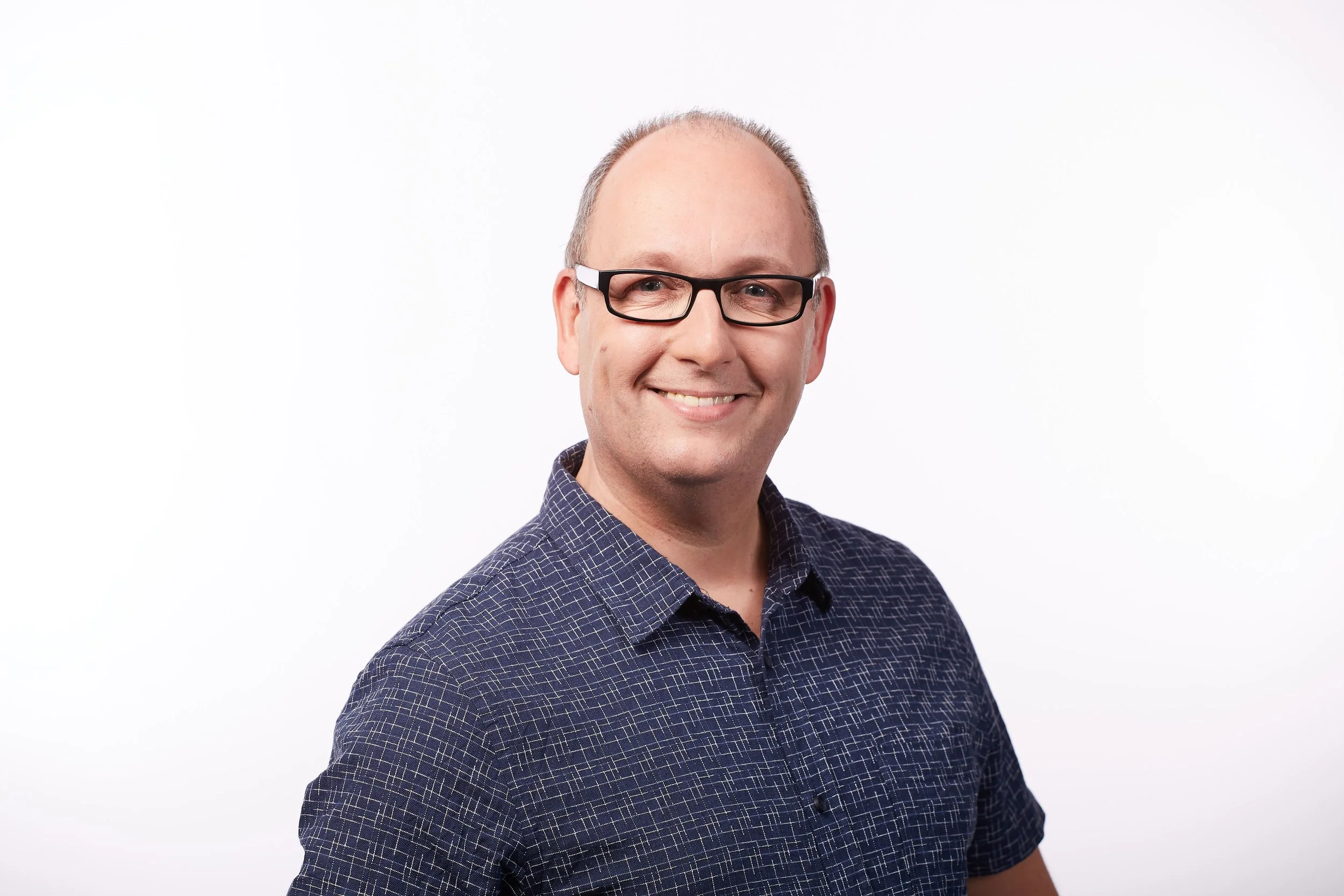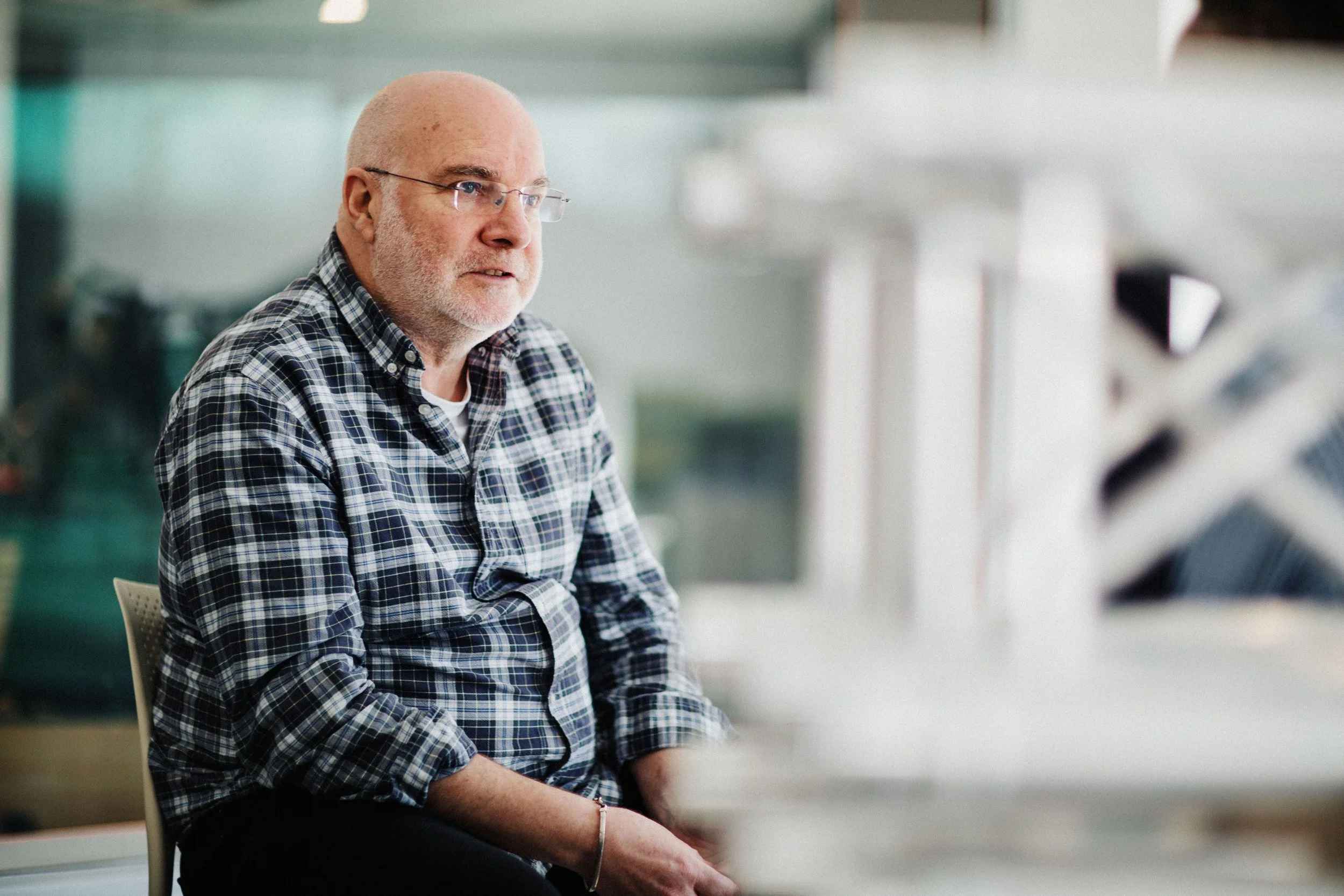BBC cuts: ‘They’re killing local radio. It’s heartbreaking’
SPEAKING OUT: Carl Wheatley
By Rick Lyon
Presenter Carl Wheatley says he is heartbroken by the BBC cuts that are “killing” local radio.
Carl, who was at BBC Radio Humberside for 25 years and still guest presents, fears the service will never recover, leaving its audience without the companionship it provides.
Several BBC local radio shows are facing cuts as the corporation focuses more on its local online offer, with staff having to reapply for their jobs.
It was recently announced that high-profile BBC Radio Humberside presenters David Burns, or “Burnsy”, and Andy Comfort will be losing their shows under the cuts.
This led to Hull North MP Dame Diana Johnson telling the House of Commons that BBC bosses needed to “give their heads a wobble” – a term often used by Burnsy.
FORMER BREAKFAST SHOW PRESENTERS: Lizzie Rose and Carl Wheatley
It has also now been announced that Fiona Mills’ weekend mid-morning show is being axed too.
Carl, who presented the Carl and Gloria Experience with Gloria Johnson for 15 years, as well as the Breakfast Show with Lizzie Rose for six years, said: “I think the BBC is killing local radio, and I just don’t understand it.
“Nobody would disagree that there needs to be investment and improvement in what the BBC offers online locally. It’s virtually impossible to find local news on the BBC News app, and BBC Sounds is very difficult to navigate.
“So, it does need investment, but I don’t think it needs investment at the cost of local radio. The two things are very different.
“The BBC bosses will probably say that news audience habits have changed, and I would agree with that. I get all my news on my phone now, like a lot of people, but what local radio provides is something very different - companionship, local knowledge, local pride, and it’s a voice you can’t get anywhere else.
“The people who are talking on local radio live where you live, and experience the same things. That’s the key to local radio, and the BBC are trashing it.”
‘GIVE THEIR HEADS A WOBBLE’: David “Burnsy” Burns
Carl, who is now Chief Executive of Hull’s NAPA performing arts academy, believes the recent cuts have been coming for some time, despite previous assurances the BBC would invest in local radio.
“They’ve been running local radio down for years now,” he said.
“It doesn’t seem like two minutes ago that the previous Director General came here and said local radio is the front door of the BBC, and they’d be investing in it.
“Since then though, we’ve noticed they’ve been regionalising, and even nationalising it. For example, presenters used to have a little bit of a say about the music they played. Over here, we want to play some Beautiful South or Fine Young Cannibals, but that was all taken away and the music you hear on local radio now is the same everywhere, at the same time.
“They took away a lot of local control and autonomy from managers, but local radio is about the relationship between the presenters and the audience. Look at the outcry when Ken Bruce left Radio 2 as an example of the relationship between a presenter and their audience.”
There has been an outcry locally about the loss of the Burnsy morning show, Andy Comfort’s afternoon slot, and Fiona Mills’ show, and Carl admits he is shocked the BBC has chosen to dispense with them.
He told The Hull Story: “I’m very surprised. In football terms, you’ve got rid of your best players, and there seems to be no reason.
“If you look at the new schedules, the morning show, which is Burnsy’s show, will be presented by someone driving over from Lincoln every day. The new afternoon presenter for Andy’s show will be driving from Leeds.
“It’s utterly ridiculous to be getting rid of such well-known and popular presenters, who have so much experience and local knowledge, and replacing them with people without that local knowledge.”
Carl was in the BBC Radio Humberside studio in Hull city centre recently to guest present a show, and was struck by how sombre the atmosphere was, with many staff still unsure what the future holds for them.
COMPANIONSHIP: Carl Wheatley and Lizzie Rose during Children in Need
“The atmosphere’s terrible,” he said. “I don’t know how the BBC will ever build up that relationship with staff again, after what they’ve done.
“It’s a very depressing place at the moment. When I was in recently, I could see people visibly upset because they don’t know who’s staying, who’s going, and let’s not forget, every single person was put at risk of redundancy.
“They’ve done the presenters round, and it’s the producers next. Some of them will be made redundant, because if you don’t have as many programmes, you don’t need as many producers.
“After these changes, you’ll have a local breakfast show until 10am, then shared programmes across regions. There’s nothing local on a weekend, apart from the sports coverage.
“What the BBC are doing makes absolutely no sense. When it’s gone, I don’t think it will ever come back.
HAPPIER TIMES: Carl Wheatley presenting with Lizzie Rose
“People who are vulnerable and lonely, who listen to local radio on an evening for companionship, won’t have that connection because the programmes won’t come from this area.
“It’s also about holding people to account, and giving people a voice. We’re losing the localness, and I think it’s the beginning of the end. I don’t think local radio will be around at all in five years, I really don’t.”
On a personal level, Carl says he is heartbroken and angry about what is happening, not just for his colleagues and friends who work at BBC Radio Humberside, but the audience who rely on it.
“It’s heartbreaking for me, and it makes me really angry,” he said.
“For a lot of people, local radio is a lifeline of information and companionship. Without the companionship, people won’t come to it for the news.
“I’ve also got a feeling that, when they’re done with local radio, they’ll come for regional television next.
“The BBC have said there’s been a consultation, but there hasn’t. There hasn’t been a consultation with staff or, more importantly, the audience.
“It’s terrible for the people who work there, but terrible for the audience too.”







